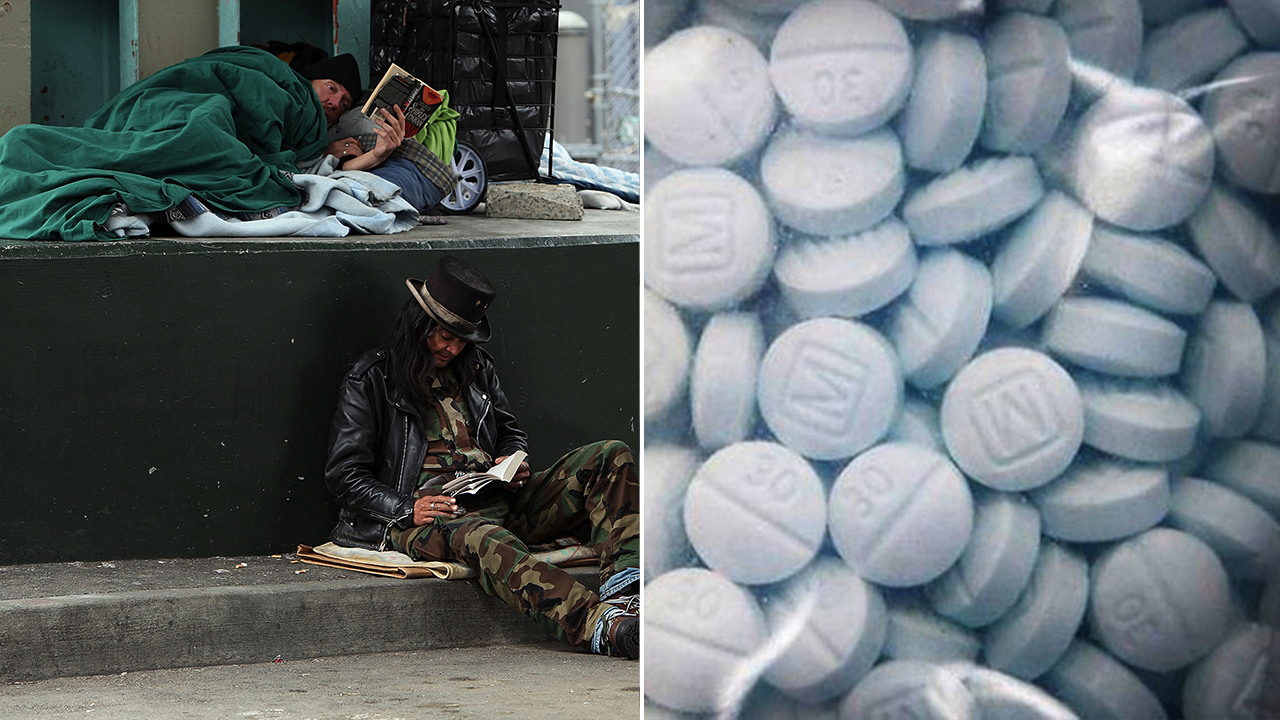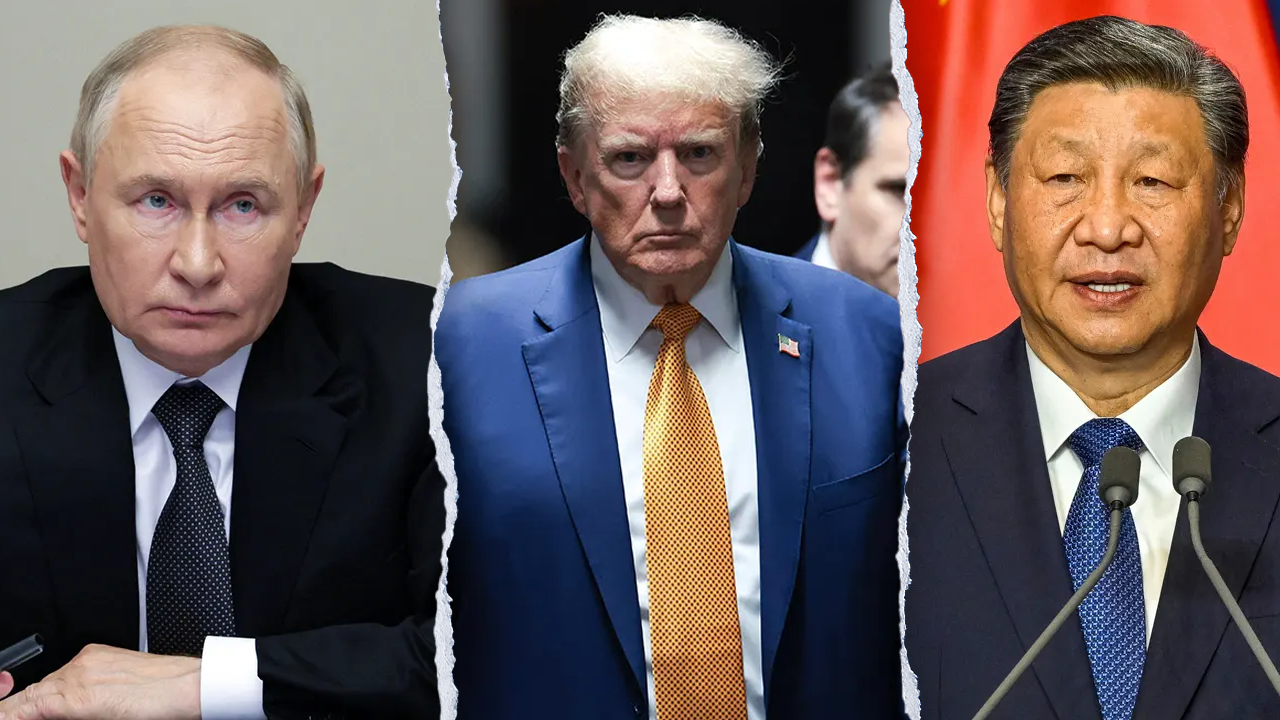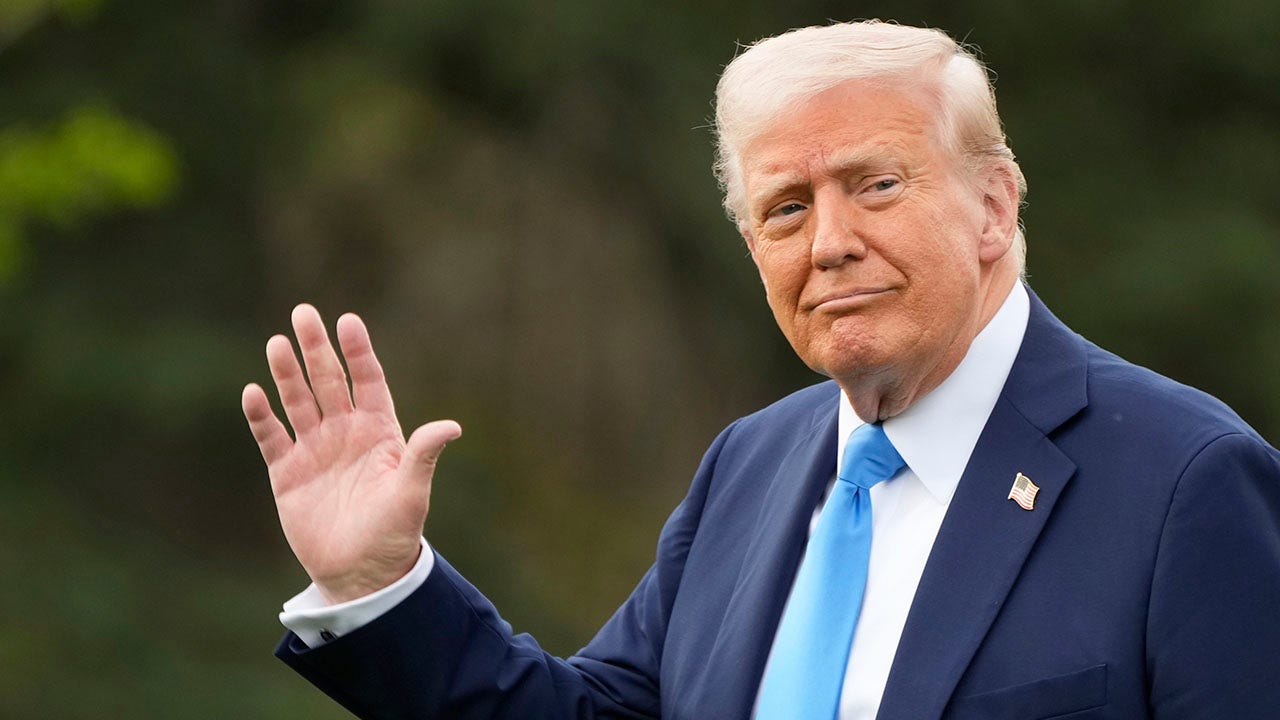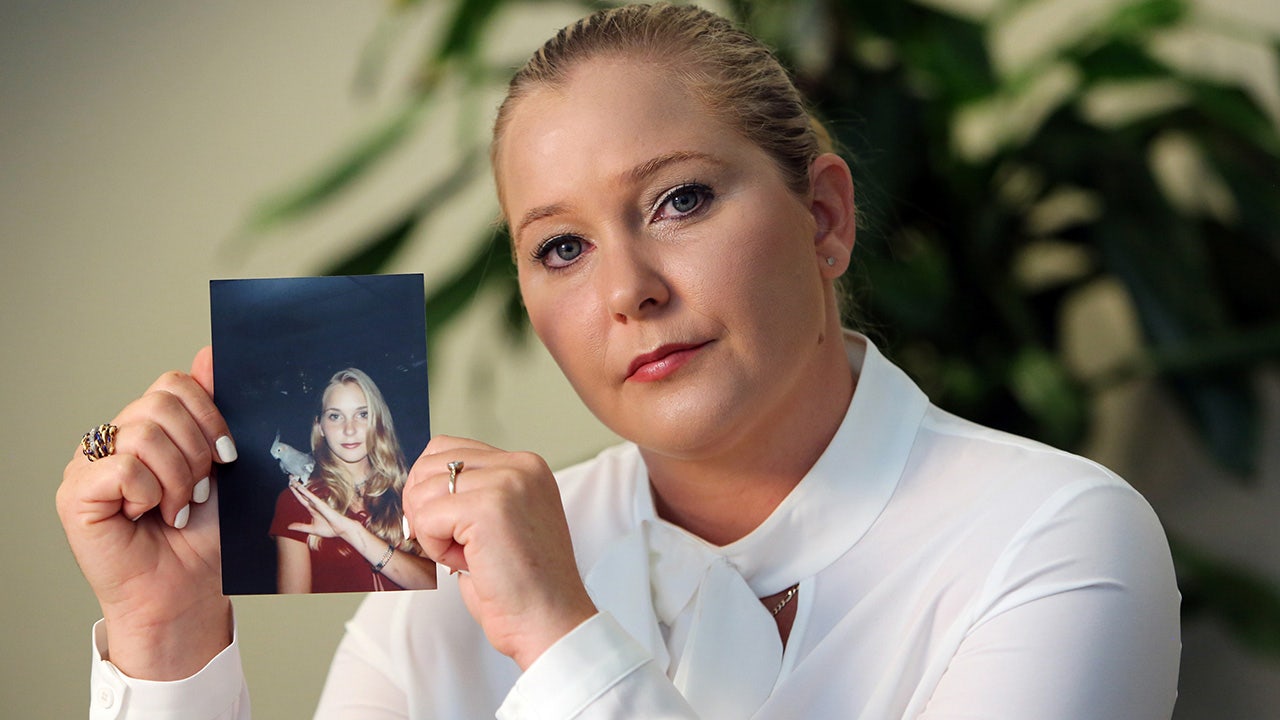Prime Minister Mark Carney’s Liberal Party won Canada’s federal election on Monday, capping a stunning turnaround in fortunes fueled by US President Donald Trump’s annexation threats and trade war.
The Liberals are projected to win more of Parliament’s 343 seats than the Conservatives, though it wasn’t clear yet if they would win an outright majority, which would allow them to pass legislation without needing help.
The Liberals looked headed for a crushing defeat until the American president started attacking Canada’s economy and threatening its sovereignty, suggesting it should become the 51st state.
Trump’s actions infuriated Canadians and stoked a surge in nationalism that helped the Liberals flip the election narrative and win a fourth-straight term in power.
The opposition Conservative Party’s leader, Pierre Poilievre, hoped to make the election a referendum on former Prime Minister Justin Trudeau, whose popularity declined toward the end of his decade in power as food and housing prices rose.
But Trump attacked, Trudeau resigned, and Carney, a two-time central banker, became the Liberal Party’s leader and prime minister.
Until Trump won a second term and began threatening Canada’s economy and sovereignty, the Liberals looked headed for defeat. But Trump’s truculence has infuriated many Canadians, leading many to cancel US vacations, refuse to buy American goods, and possibly even vote early. A record 7.3 million Canadians cast ballots before election day.
Trump’s attacks also put Poilievre and the opposition Conservative Party on the defensive and led to a surge in nationalism that helped the Liberals flip the election narrative.
“The Americans want to break us so they can own us,” Carney said recently, laying out what he saw as the election’s stakes. “Those aren’t just words. That’s what’s at risk.”
Election day came as the country grappled with the fallout from a deadly weekend attack at a Vancouver street fair that led to the suspension of campaigning for several hours. Police ruled out terrorism and said the suspect is a local man with a history of mental health issues.
Trump became the main issue
Poilievre and his wife walked hand-in-hand to vote in their district in the nation’s capital, Ottawa. “Get out to vote for a change,” he implored voters.
Sisters Laiqa and Mahira Shoaib said they did just that, with Laiqa, a 27-year-old health care worker, voting for the progressive New Democratic Party, and Mahira, a 25-year-old bank worker, backing the Conservatives.
The sisters, who immigrated from Pakistan a decade ago, said the economy has worsened and job opportunities have dried up under Liberal rule.
After the sisters voted at a community center in the Toronto suburb of Mississauga, Mahira Shoaib said she thinks Poilievre is best equipped to improve Canada’s finances.
“He is business-minded, and that’s what we need right now,” she said.
After Trump became the election’s central issue, Poilievre’s similarities to the bombastic American president might have cost him.
Reid Warren, a Toronto resident, said he voted Liberal because Poilievre “sounds like mini-Trump to me.” And he said Trump’s tariffs are a worry.
“Canadians coming together from, you know, all the shade being thrown from the States is great, but it’s definitely created some turmoil, that’s for sure,” he said.
“He appeals to the same sense of grievance,” Canadian historian Robert Bothwell said of the Conservative leader. “It’s like Trump standing there saying, ‘I am your retribution.’”
“The Liberals ought to pay him,” Bothwell added, referring to the American president. “Trump talking is not good for the Conservatives.”
Foreign policy hadn’t dominated a Canadian election as much since 1988, when, ironically, free trade with the United States was the prevailing issue.
Big challenges await the Liberals
Carney and the Liberals cleared a big hurdle in winning a fourth-straight term, but they have daunting tasks ahead.
In addition to the sweeping US tariffs on Canadian goods, Canada has been dealing with a cost-of-living crisis for some time.
And more than 75% of its exports go to the US, so Trump’s tariff threat and his desire to get North American automakers to move Canada’s production south could severely damage the Canadian economy.
Read the full article here














